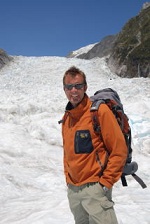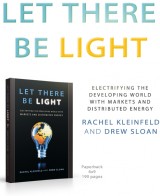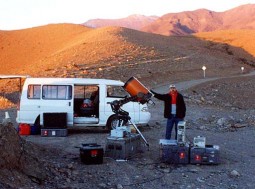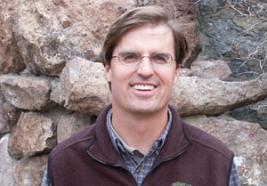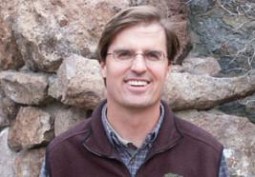 Feature #1: Neanderthals (start time: 6:01)
Feature #1: Neanderthals (start time: 6:01)
Our Neanderthal ancestors have long been maligned as rather dim-witted cave-dwellers. But they may have been brighter — and more colorful — more like us, shall we say. We turn to the BBC’s Science in Action for a look at new research into who these ancestors really were. Here’s BBC’s Jon Stewart.
Feature #2: Antarctica (start time: 11:03)
It may be hard for people living in Colorado and other land-locked states to grasp that our daily lifestyles – burning fossil fuels every time we turn on the lights or drive our car, for instance – affects the delicate marine ecosystems of the Southern Ocean, from the ice algae to the penguins and whales. And in turn, the health of the plants and animals, and indeed the ice they depend on, in Antarctica, affects our own health. Cohost Susan Moran interviews Dr. James McClintock, a marine biologist at the University of Alabama in Birmingham, about his new book, “Lost 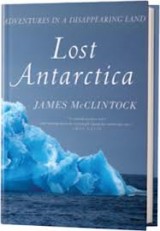 Antarctica: Adventures in a Disappearing Land.” He shares his adventures waaayy down under, and his concerns about the future of the fragile and stunning continent.
Antarctica: Adventures in a Disappearing Land.” He shares his adventures waaayy down under, and his concerns about the future of the fragile and stunning continent.
Hosts: Ted Burnham, Susan Moran
Producer: Susan Moran
Engineer: Joel Edelstein
Executive Producer: Jim Pullen
Podcast: Play in new window | Download (Duration: 24:06 — 22.1MB)
Subscribe: RSS
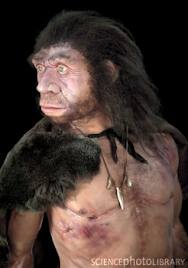


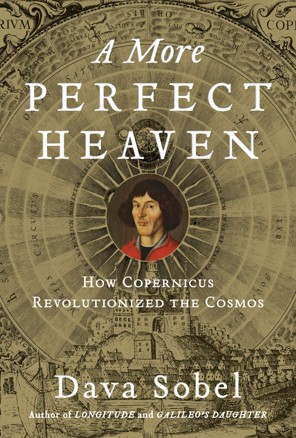
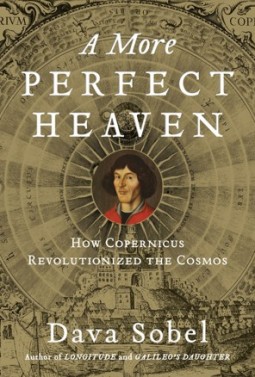
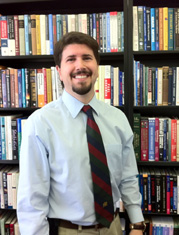

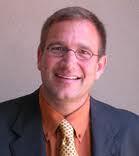

 Planetary science budget (start time: 15:49). Despite the successes of the Mars missions and voyages to our other planetary neighbors, the White House decided that NASA’s planetary science budget should be drawn down. The hit would be substantial, a twenty percent reduction from 2012. 300 million dollars would be removed from a baseline one and a half billion dollars. We ask Dr. Alan Stern, who has served as the chief of the Science Mission Directorate at NASA, about why the planetary science budget should be restored.
Planetary science budget (start time: 15:49). Despite the successes of the Mars missions and voyages to our other planetary neighbors, the White House decided that NASA’s planetary science budget should be drawn down. The hit would be substantial, a twenty percent reduction from 2012. 300 million dollars would be removed from a baseline one and a half billion dollars. We ask Dr. Alan Stern, who has served as the chief of the Science Mission Directorate at NASA, about why the planetary science budget should be restored.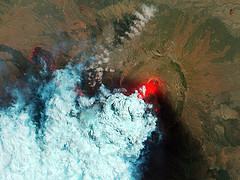

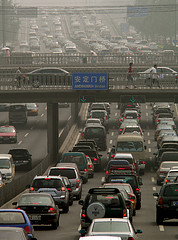
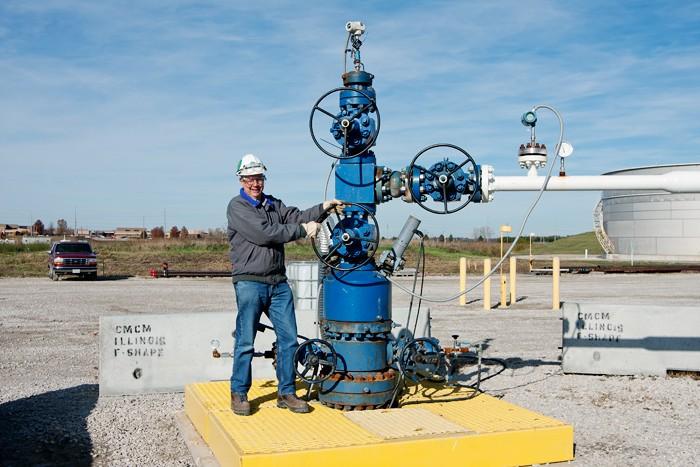

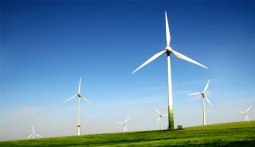 Colorado Clean-tech Industry (Start time 16:14): It’s not news that we are in an economic downturn. Nor is it news that the world is facing monumental environmental problems. How about a way to kill two birds with one stone? Co-host Tom McKinnon discusses how with Wayne Greenberg, director of the Fellows Institute, which is sponsored by the
Colorado Clean-tech Industry (Start time 16:14): It’s not news that we are in an economic downturn. Nor is it news that the world is facing monumental environmental problems. How about a way to kill two birds with one stone? Co-host Tom McKinnon discusses how with Wayne Greenberg, director of the Fellows Institute, which is sponsored by the 